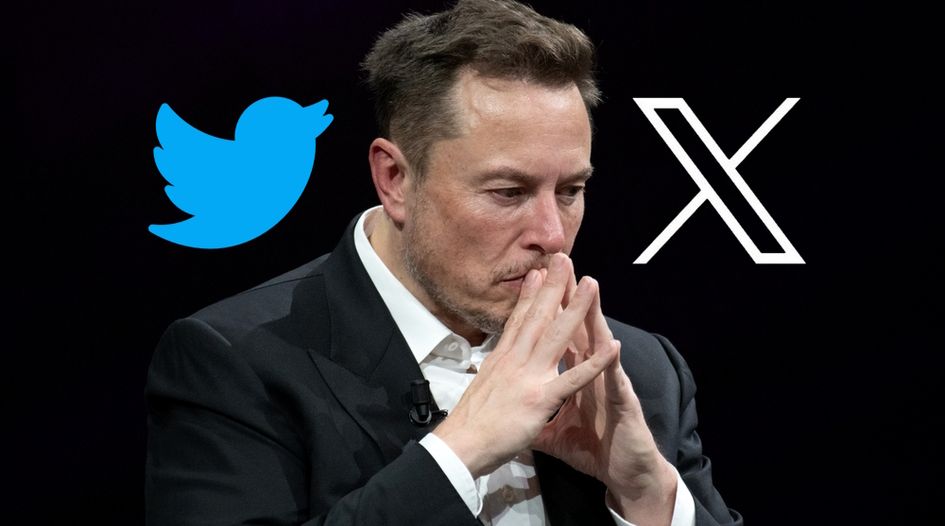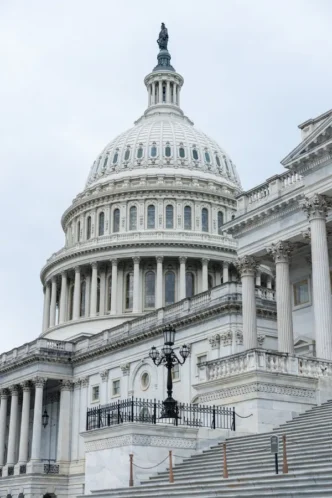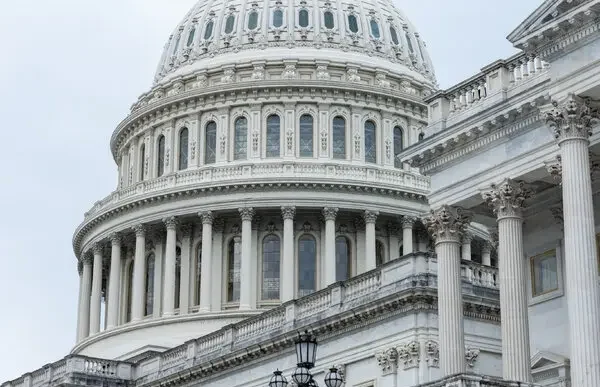Social media giant X (formerly Twitter) has announced plans to appeal a recent Indian court ruling that empowers millions of police officers to request content takedowns through the government-run portal known as Sahyog.
The decision, which was handed down by the High Court of Karnataka last week, has sparked a new wave of debate over online freedom and government regulation.
In a post shared on Monday, September 29, the company stated: “We will appeal this order to defend free expression.”The statement marks X’s first public response since the ruling, which dismissed its attempt to challenge the legality of India’s content removal system.
According to the company, the Sahyog platform gives officers the authority to demand removals based merely on alleged illegality.
This, X argued, leaves no room for judicial review or due process, while exposing social media firms to potential criminal liability if they do not comply.
X, owned by billionaire Elon Musk, has long clashed with Prime Minister Narendra Modi’s administration over what it sees as censorship and regulatory overreach.
The Indian government, however, maintains that Sahyog was created to combat unlawful content and strengthen accountability in the digital space.

Rights groups and digital freedom advocates have raised red flags, warning the system could be used to silence dissent and curb open debate.
The dispute represents one of the strongest legal challenges X has mounted in India.
Since 2023, authorities have steadily expanded their powers to police the internet, with the launch of Sahyog in October of that year marking a turning point.
Moreover, the Karnataka High Court’s rejection of X’s petition signals that platforms will face tougher battles ahead.
Despite the setback, X has made clear it is unwilling to back down.
Similar disputes have surfaced in Europe, North America, and parts of Africa, with critics accusing the platform of resisting accountability.
Meanwhile, New Delhi insists that its framework is necessary in a digital age marked by rising misinformation, harmful speech, and unlawful content.













